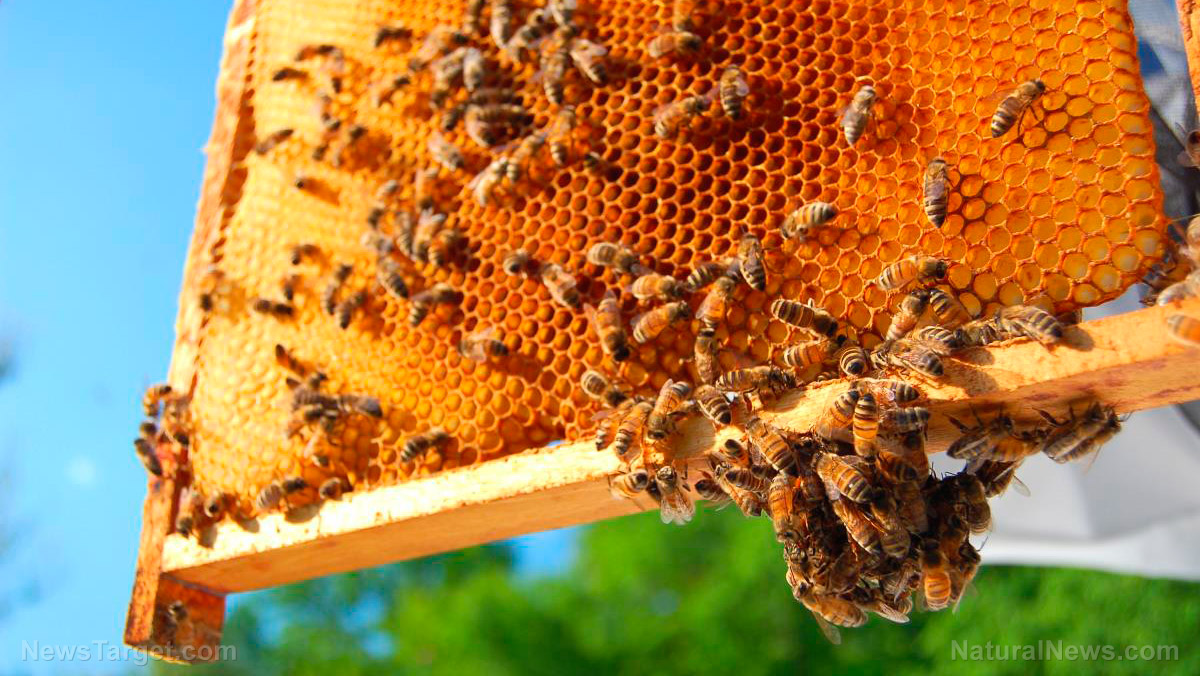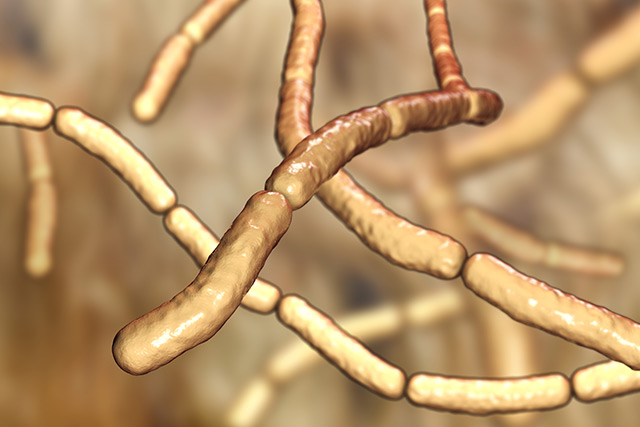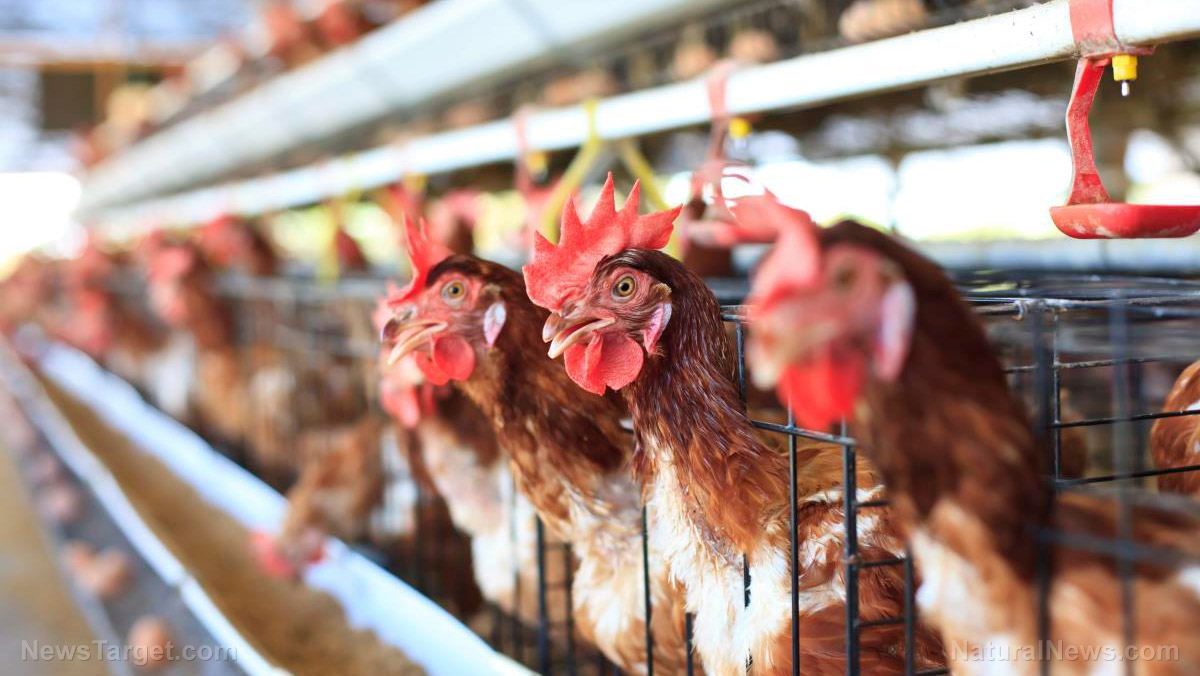SCIENTIFIC PROOF: Today’s poisons will pollute the gene pool until the year 2300 — both internal and external environmental memories are passed down for 14 generations
11/20/2017 / By Isabelle Z.

When you live an unhealthy lifestyle, you might think that you’re only hurting yourself, but the truth is that you are setting up the next 14 generations to pay the consequences for your actions. Similarly, you are currently embodying what your own ancestors experienced a remarkable 14 generations ago.
A team of scientists led by the European Molecular Biology Organization in Spain illustrated this effect in studies using nematode roundworms that had been genetically engineered to carry a transgene for a type of fluorescent protein that made them glow brightly under ultraviolet light.
They then altered the temperatures in the containers of the nematodes to 68 degrees Fahrenheit, at which point they barely glowed. After moving them to a space with temperatures nine degrees higher, their fluorescence gene activated and they glowed brilliantly. They even continued their glowing after being moved back to colder temperatures.
After following the offspring of these worms for seven generations, they discovered the baby worms inherited epigenetic genes for warmer climates even though they had not been exposed to those temperatures themselves at any point. After dividing them into groups and exposing half to colder temperatures and half to temperatures of 77 degrees, both groups still showed high fluorescence gene activity. In fact, they inherited the epigenetic genes for warmer climates through sperm and eggs. The researchers believe this could be some type of biological forward planning, and it went on for 14 generations in total.
Trauma and unhealthy habits affect future generations
This phenomenon has also been seen in humans. Trauma is one thing that can affect the DNA in sperm and change the behavior and brains of subsequent generations. For example, the children and grandchildren of female survivors of the Dutch famine in the 1940s had higher glucose intolerance as they got older, while descendants of Holocaust survivors have lower levels of cortisol, a hormone that can help the body recover from trauma. An examination of skulls belonging to Cherokee Native Americans descended from survivors of the Trail of Tears found that nutritional deficiencies, past traumas, and poor immune systems could also be inherited.
A study published in Nature Neuroscience found that mice who had been trained to avoid certain smells actually passed those aversions on to their grandchildren. The team of researchers from the Emory University School of Medicine responsible for that study wrote in their report: “The experiences of a parent, even before conceiving, markedly influence both structure and function in the nervous system of subsequent generations.”
Genetics have even been shown to affect the way that people look at images in their environments in studies with twins, influencing the way we seek out information and where we direct our gazes – and by extension, the way we interpret our world.
Future generations paying the price
A study from the University of Massachusetts Medical School revealed that just one junk-food-consuming generation could pass on the metabolic disorders such a lifestyle creates to the next generation – which is something you might want to keep in mind the next time you ponder having a donut.
There is also a proven link between a father’s diet at the time of conception and a heightened risk of diabetes in his offspring. In a study from the Chinese Academy of Sciences, unhealthy diets were recorded in tiny molecules that were transmitted through the father’s sperm to the embryo, making the offspring likely to consume higher levels of glucose.
A father’s smoking, diet, and exposure to toxins and drugs have all been linked to his children’s and grandchildren’s growth, health, and risk of cardiovascular disease and other health problems.
Therefore, it stands to reason that the same toxins that are poisoning our bodies today – like glyphosate, nitrites, GMOs, and BPA – will haunt people through the year 2300.
Sources include:
Tagged Under:




















